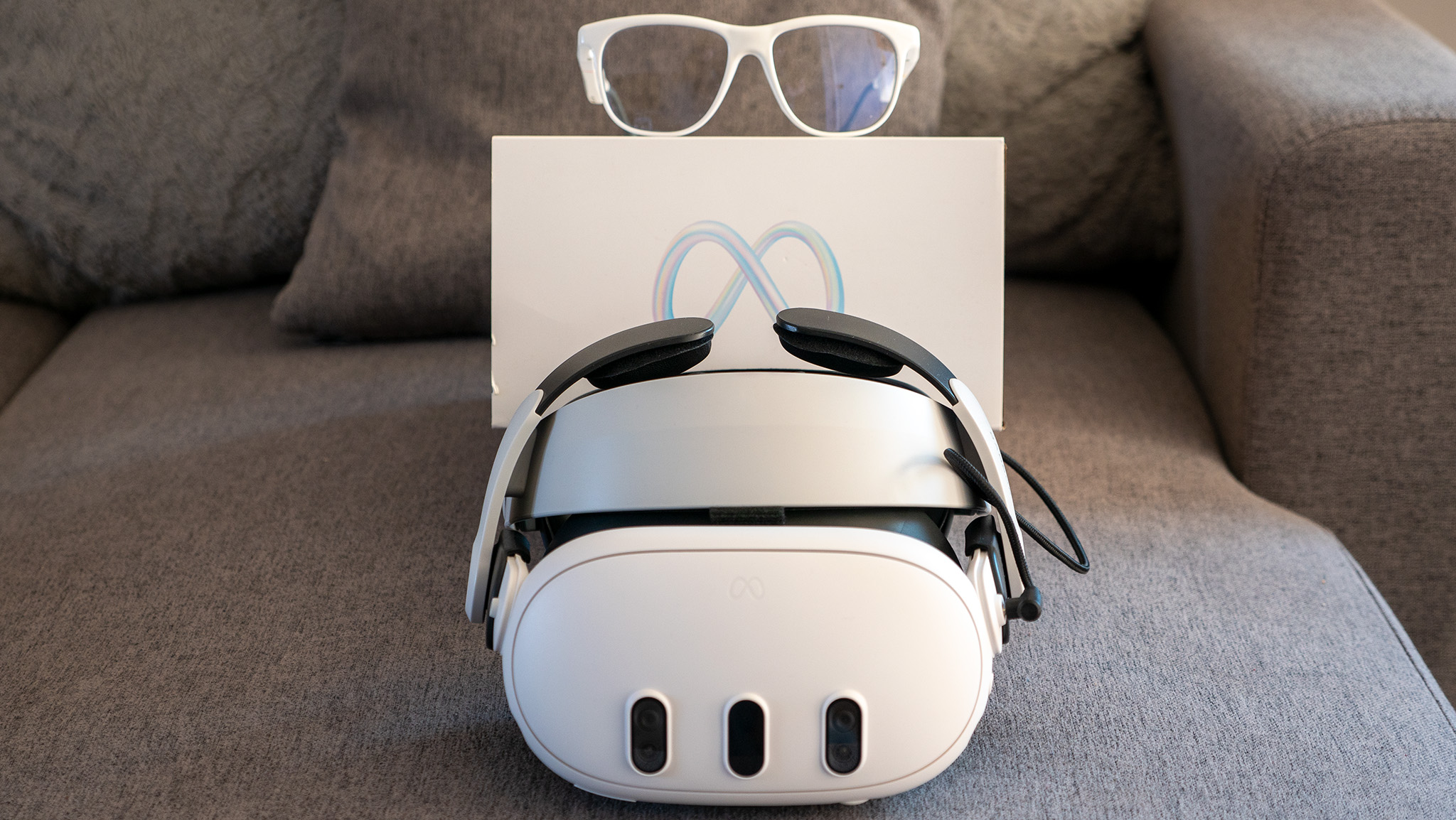
What you need to know
- One report states that Meta is pulling back on AR glasses development, citing high R&D costs and no commercially viable product results.
- One feature, Augments, has been canceled for AR glasses development and is shifting to Meta Quest headsets instead.
- Meta is strengthening its partnership with Ray-Bans on the development of future smart glasses.
According to a report from The Information, Meta has "shelved" several planned AR glasses features in favor of focusing on VR headsets for the foreseeable future. The company is said to be making the shift because of the high R&D costs associated with AR glasses development and the lack of a commercially viable product for several more years. The earliest estimates of a commercial AR glasses release are currently 2027.
The news broke just hours before Meta's quarterly earnings call where the company is expected to discuss the future of AR and VR development. Late last year, Meta laid off employees in its internal silicon development team that would have been responsible for development. The company later announced that it would use MediaTek to power future Meta AR glasses, instead.
The remaining AR glasses software development team is said to have merged with the team working on Ray-Ban Smart Glasses, currently seen as the most viable commercial smart glasses product from Meta.
Development on a mixed reality concept announced at the Meta Quest 3 unveiling, Augments, has been completely shifted to VR according to The Information's report. Augments for a potential pair of AR glasses could have included floating timers for cooking in your kitchen or special digital menus that appear when you enter a Starbucks, for example.
Augments on the Meta Quest 3, as seen in the video above at the 1-hour 10-minute timestamp, are described as "persistent digital objects in your living space." Meta initially showed them off as quick ways to get to your favorite VR activities such as jumping into the Uncharted Rifts in Asgard's Wrath 2 or starting up a quick workout in Supernatural.
Meta is reportedly shifting focus to trim its quarterly R&D spending in its Reality Labs division, encompassing everything from AR to VR, AI, and beyond.
Apple Vision Pro officially launches on February 2 with a $3,500 price tag, representing the biggest competition Meta has ever faced in the VR space. A recent report from The Wall Street Journal stated that Meta hopes to "become the Android of AR/VR" with affordable headsets like the Meta Quest 3, which only costs $500.
Meta is also said to be working on a Quest 3 Lite which will be the low-price replacement for the existing Meta Quest 2, which recently saw a permanent price drop to $249. Further focus on VR development, including more affordable headsets and smoother software experiences, could be Meta's best bet in getting its Reality Labs division back to profitability.
Spatial computing and mixed reality doesn't have to be expensive! The Meta Quest 3 is both affordable and powerful, with thousands of VR games to play right now.







